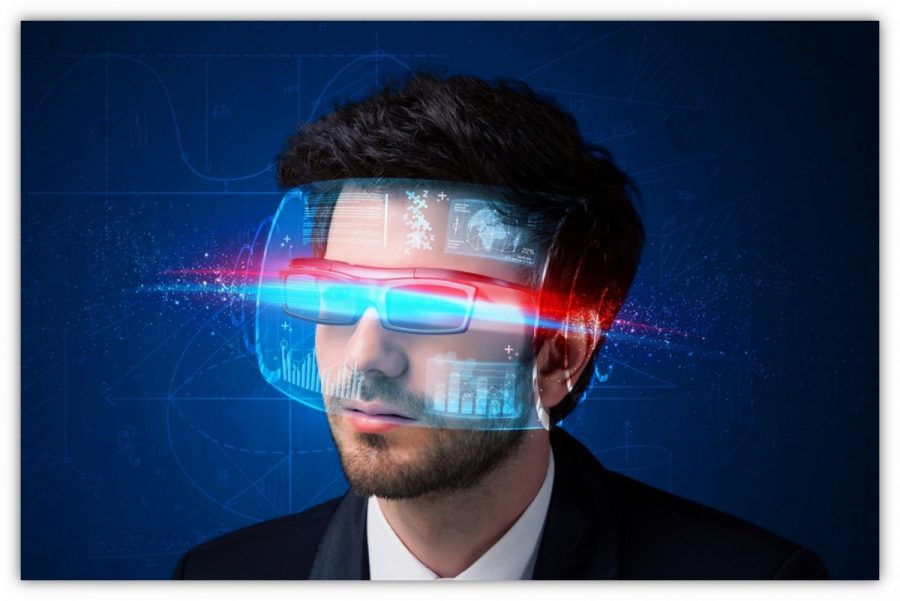 BBC research into the virtual reality has found initially dim expectations turned into excitement about the medium.
BBC research into the virtual reality has found initially dim expectations turned into excitement about the medium.
Those with previous experience of entry-level mobile VR expected to be underwhelmed, while newcomers were unsure about the experiences they might expect.
Tim Fiennes, senior market analyst, audiences said this presents a nuanced marketing challenge. “The industry has difficulty communicating what VR experiences are actually like. Given the wide variety of technology which can determine the nature and quality of experience, setting the right level of expectation for audiences such that they don’t come away underwhelmed is tricky.”
Participants were asked to play with the technology a little everyday, and mostly they chose to seek out the thrills, such as horror or a rollercoaster, or other extreme experiences. However, they were unlikely to search deeper for what VR had to offer. One surprise to researchers was that participants used the units to watch 2D widescreen content in what was perceived to be the biggest screen in the house. This ranged from long-form scripted content through to YouTube music videos.
“Our emerging hypothesis is that headsets provide audiences with a rare opportunity to engage with content utterly free from distraction. The rise of the smartphone being rarely away from one’s side means that it can often be challenging for audiences to be fully immersed in any kind of activity,” said Fiennes.
One key area for areas where the content worked was through audience engagement. For example, a Cirque du Soleil experience resonated because the characters made plenty of eye contact with the viewer. And it was this sort of content that the sample enjoyed once the novelty of the rollercoaster had worn off.
And when the trial entered a new phase many of the units remained untouched. For seven weeks ‘natural usage’, where the only instructions given were how to operate the units, meant they became the last devices audiences would turn to. One female participant under the age of 44 sais: “It isn’t replacing any of my media habits… it’s not as easy: you have to get your phone ready, slot it into the headset and then find something to watch. Normally I can just flick on the TV and watch something instantly!”
Fiennes says there is a risk of sub-par experiences flooding the market and turning audiences off the idea of VR altogether. The industry, he says, has to work together for a consistent experience in hardware and software.
Further Information